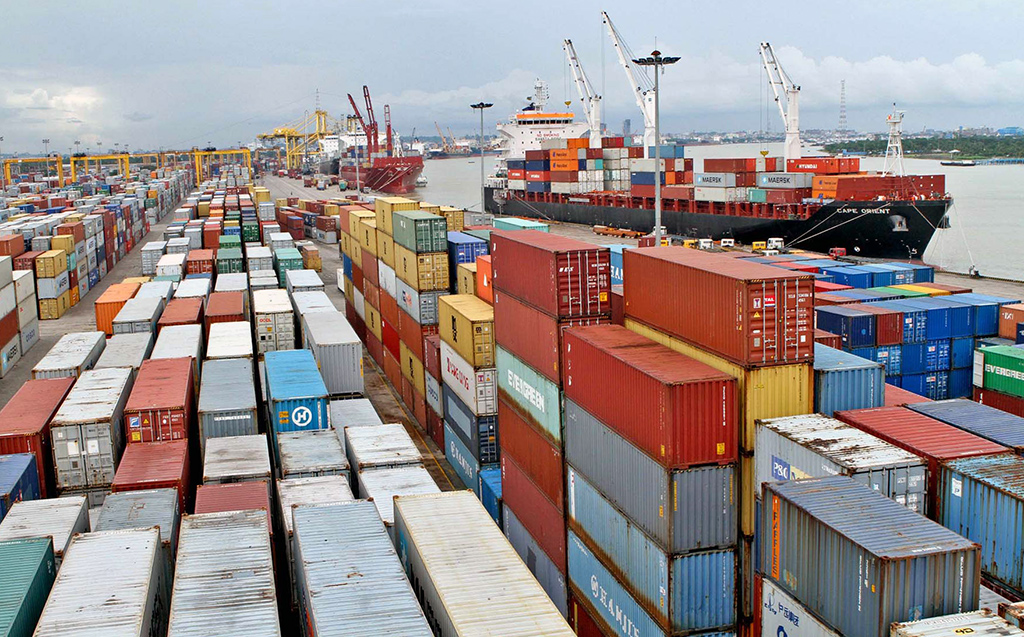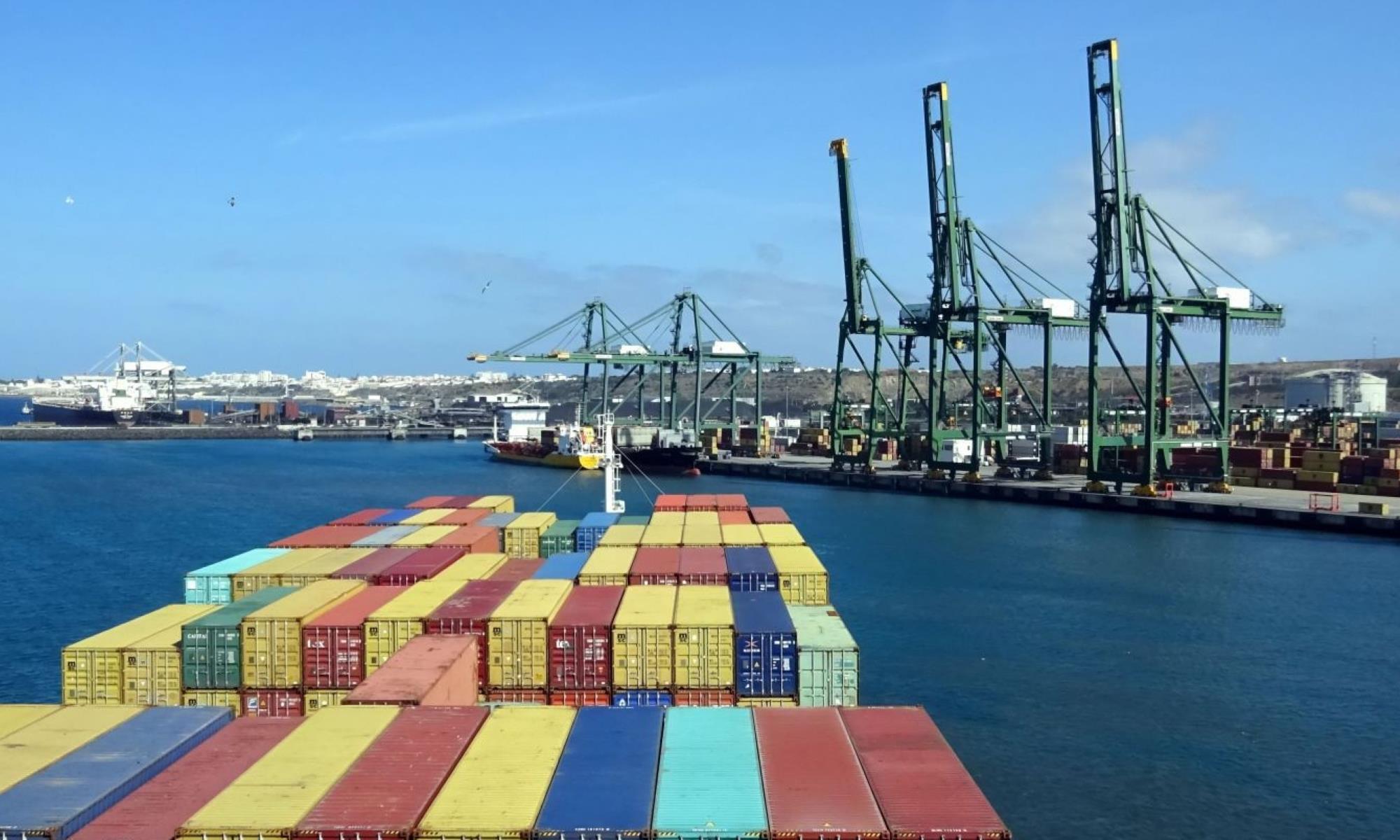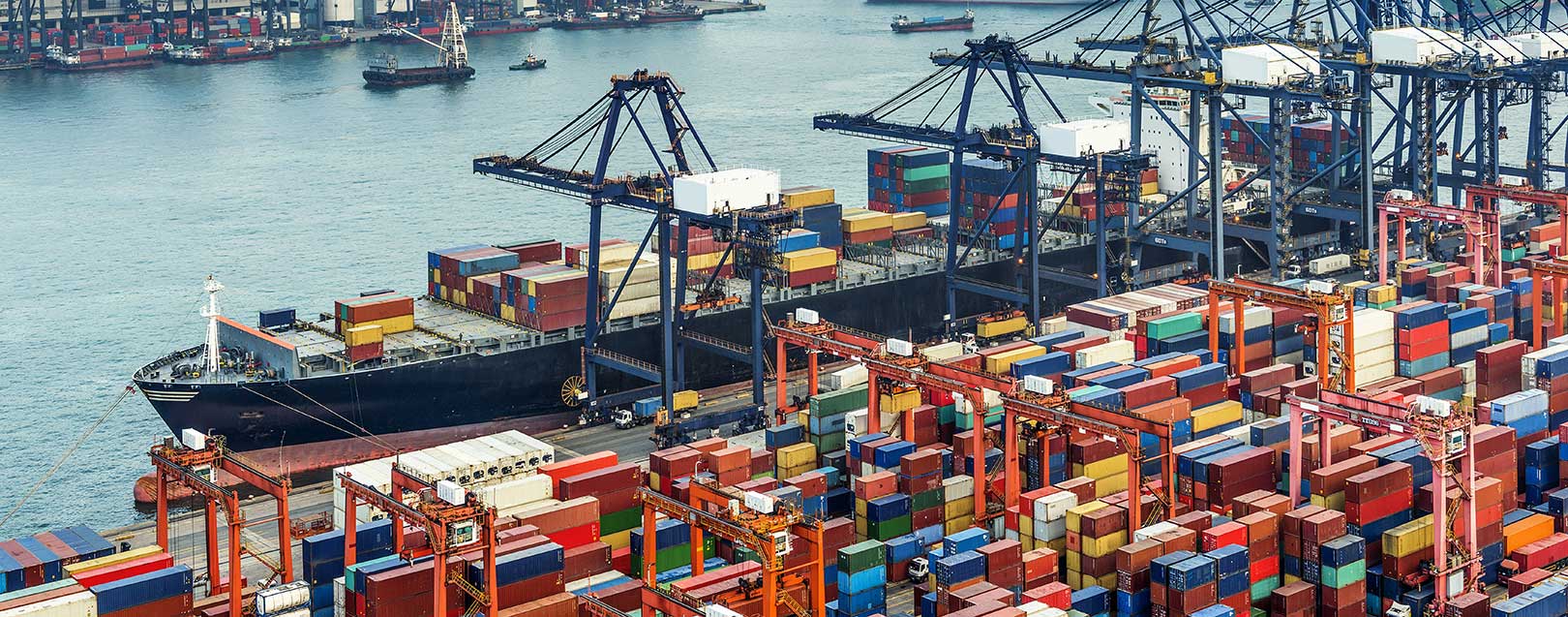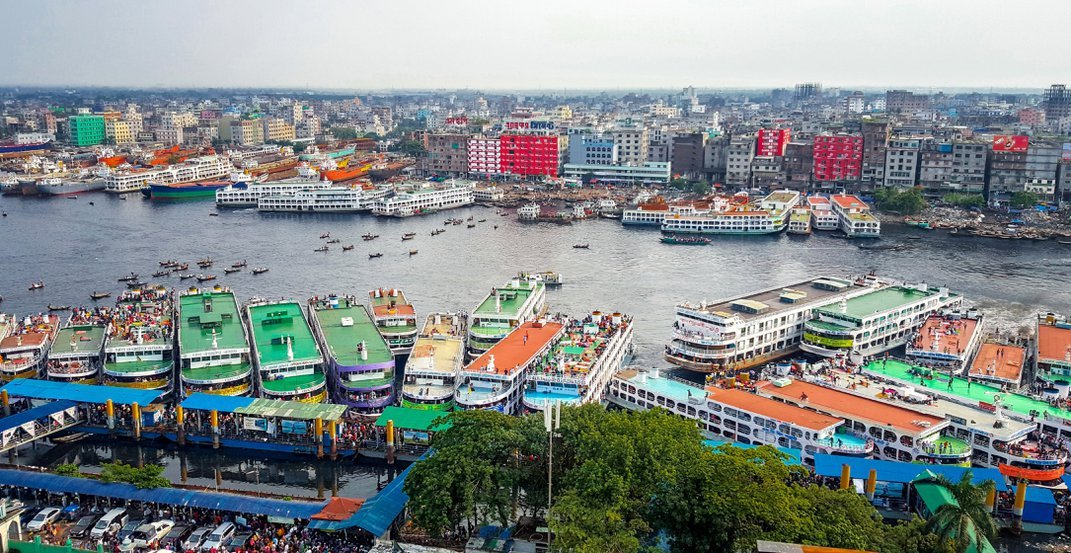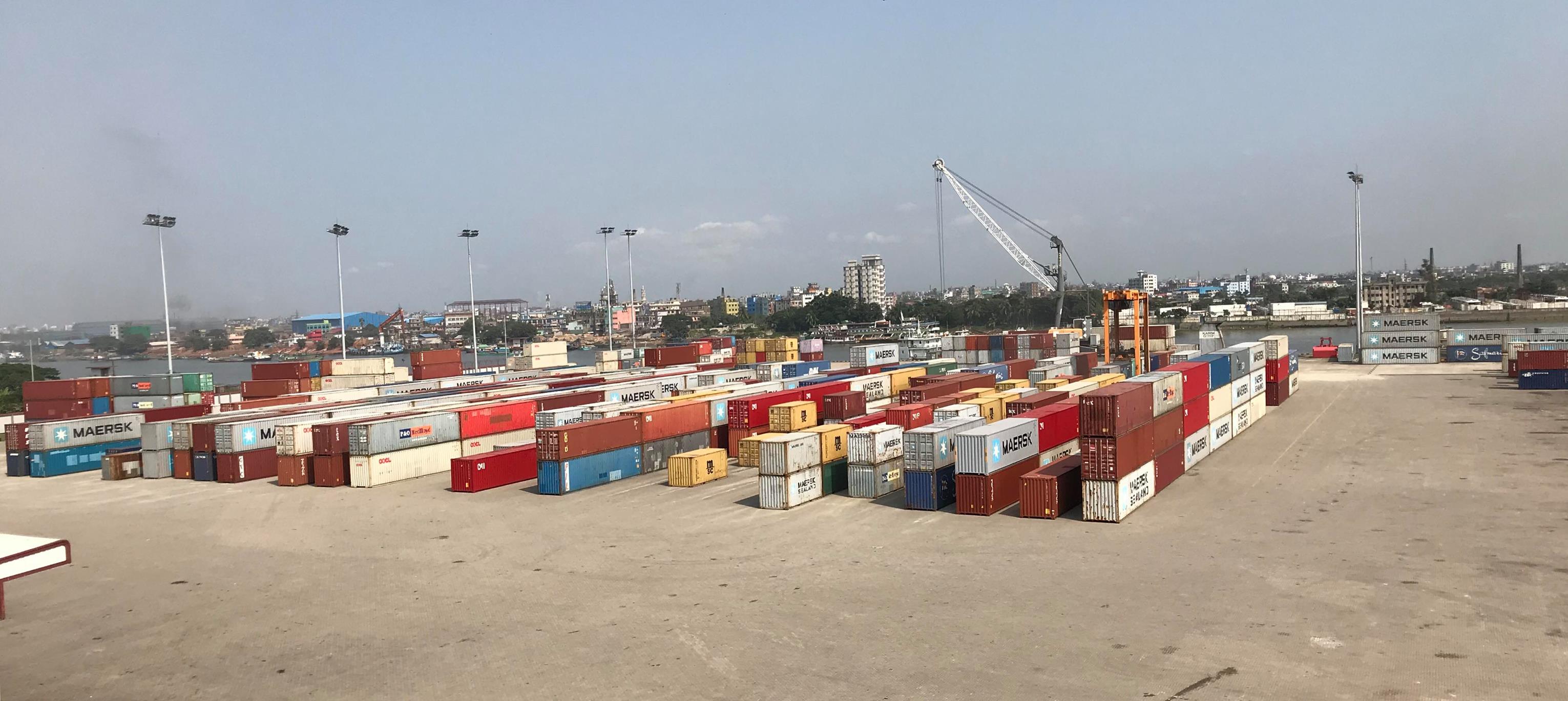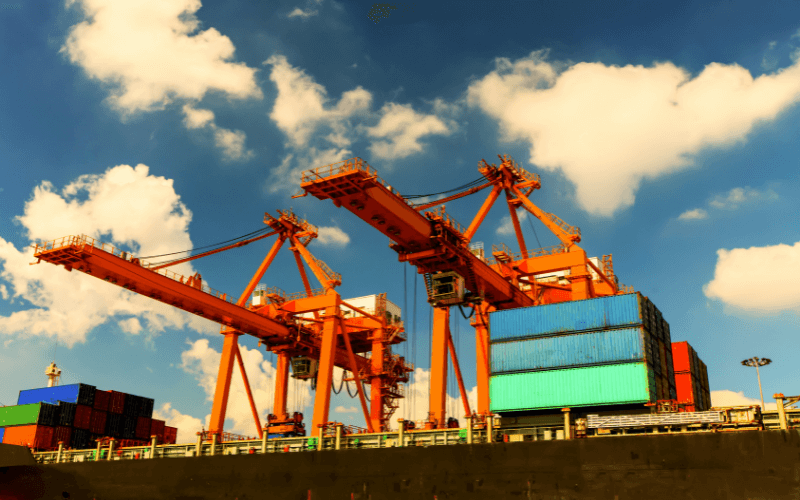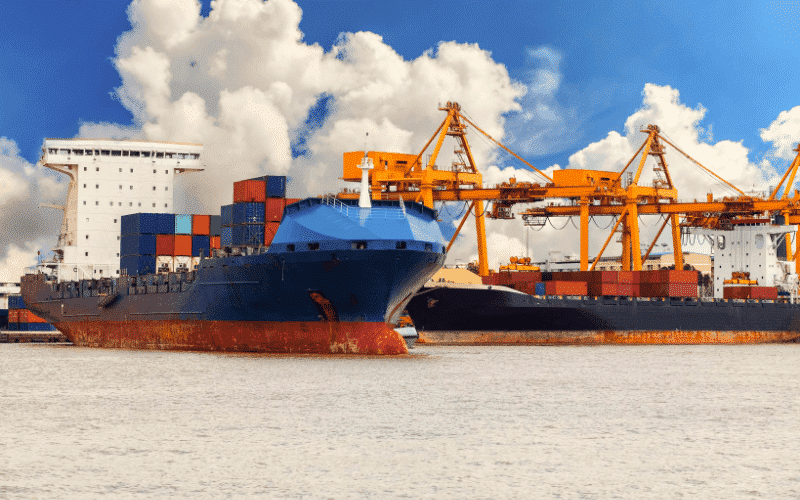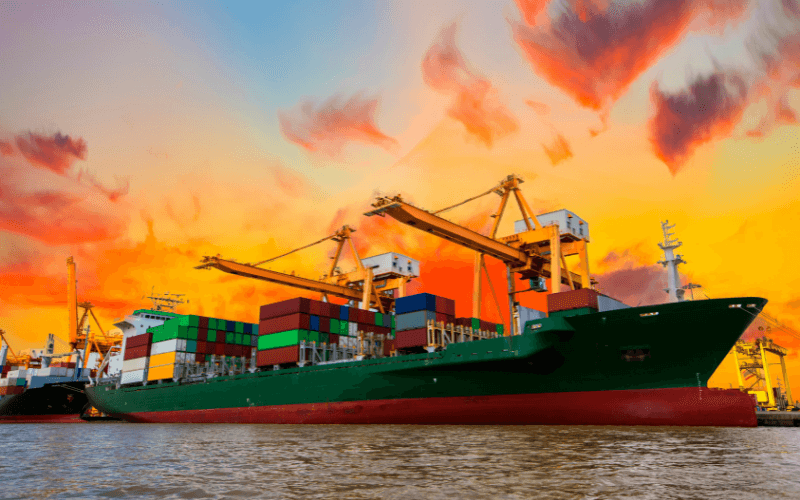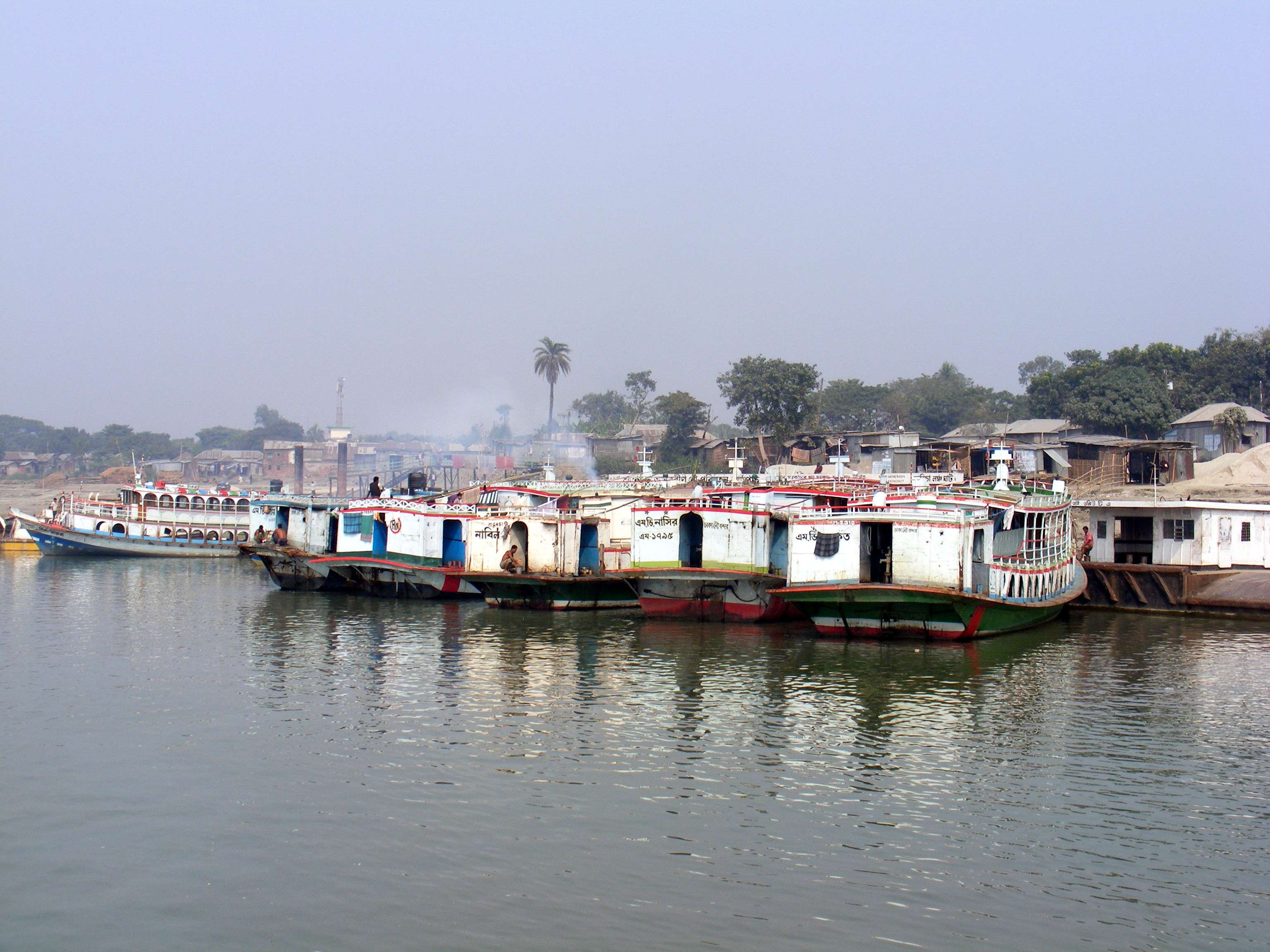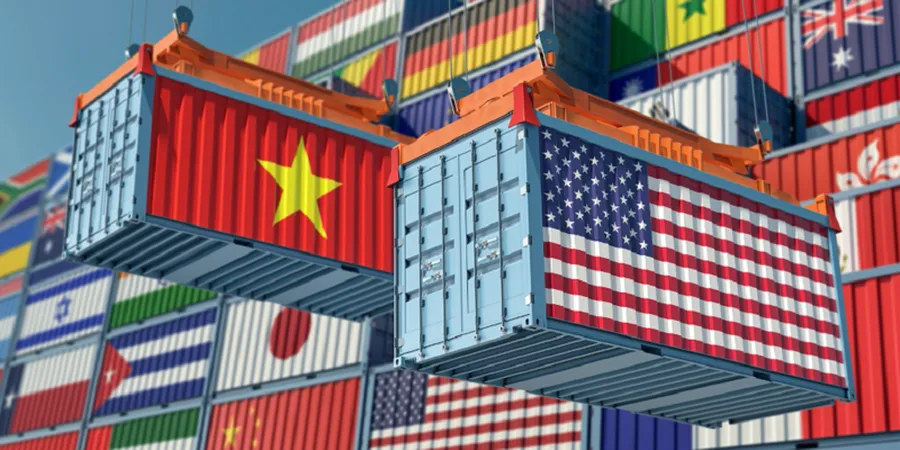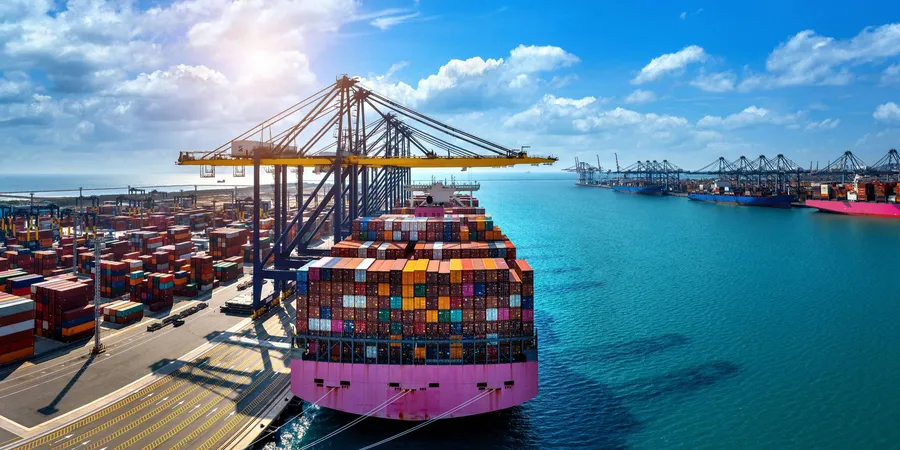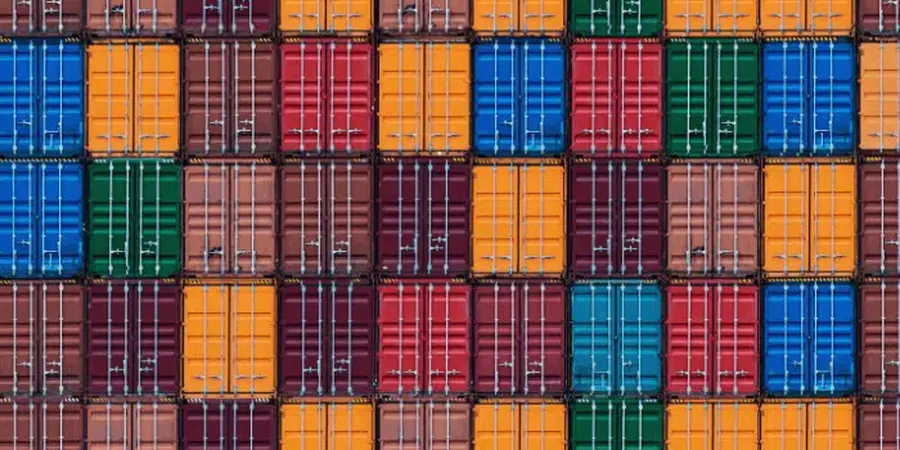9 Major Ports In Bangladesh
Bangladesh hosts one of the world’s busiest and most important shipping lanes which are responsible for supplying the bulk of its Middle Eastern crude oil to East Asia. These shipping lanes connect Bangladesh with other countries for direct shipping.
The import and export trade business of Bangladesh is largely dependent on the ports of the country. These seaports which are run by the ports authority of Bangladesh are operated by the Government of Bangladesh.
The ports authority of Bangladesh makes sure of unobstructed and safe trading while improving the economic prosperity of the country.
While if we talk about the extensive inland waterways, the fact cannot be denied that Bangladesh has an extensive number of those as the primary transportation system of the country.
The river ports of Bangladesh are presently controlled by two organizations: Bangladesh Inland Water Transport Authority (BIWTA) and Bangladesh Inland Water Transport Corporation (BIWTC). And there are a total of 22 complete river ports in Bangladesh (as per the statistics of BIWTA), which have the necessary arrangements for loading and unloading passengers and goods to land motorised land vessels.
Bangladesh’s 60% of annual trade currently pours through Chittagong and Mongla, which are two existing seaports of the country.
Here is a list of all the major ports of Bangladesh:
1. Port Of Chittagong
Located at the mouth of Karnaphuli river in Patenga, the Chittagong port is the main seaport in Bangladesh and also the core port of countries that are dependent on the Bay of Bengal.
As per a report of Llyod’s in 2019, the Chittagong port is ranked as the 58th busiest container port in the world. The port is managed by the Chittagong Port Authority. The containers containing manufactured articles like clothes, jute, goods made of leather, fertilizers, sea fruit etc and raw resources are the main cargo at the Chittagong Port.
2. Port Of Mongla
This is the second busiest seaport of Bangladesh after Chittagong Port. Mongla Port is located at Bagerghat district and lies about 62 kilometres north of the Bay of Bengal coastline.
This port is one of the major ports of Bengal Delta, connected to the major inland river ports. Mongla was formerly known as Chalna Port and was also located at Chalna, about 11 miles upstream on the Prasur river.
The port provides facilities and services to the international shipping lines as well as other concerned agencies which provide shore-based facilities.
The chief exports of the Mongla Port include jute, leather, tobacco, frozen fish and shrimp. While the major import consists of grain, cement, fertilizer, coal and wood pulp. Mongla Port is an eco-friendliest port protected by the mangrove forest Sundarbans.
3. Port Of Payra
The port of Payra is a small seaport located at Kalpara in Pataukhali in Southern Bangladesh. This port, primarily a governmental route for import and export was established by an Act of Parliament in the year 2013.
Payra Port, located on Ramnabad channel near the Bay of Bengal, was officially inaugurated in the year 2016.
The port was undergoing expansion in the past years which was expected to be completed by this year. The expansion project aims at developing infrastructure and facilities for making the port operational on a limited scale.
However, till now, no significant developments have been seen in the port regarding the expansion and reports have been saying that the project may take another year or two.
This port was opened by Prime Minister Seikh Hasina in 2013 as an action to reduce the pressure on Chittagong and Mongla ports and the project for its development was included in the government’s fast track projects.
The government prioritised the construction of the deep-sea port in Payra; the master plan and design for which was done in engagement with the Bangladesh University of Engineering and Technology (Buet).
So far, this Payra port venture has drawn investment as well as proposals for development from the UK along with China, Belgium, the Netherlands, Denmark and India.
4. Port Of Dhaka
The Dhaka port is a major port located in the southern part of Dhaka, the capital and largest city of Bangladesh. The port sits on the bank of Buringa river in Dhaka.
This is one of the busiest ports in Dhaka as far as passenger traffic is concerned. It expands its services to most of the districts of Bangladesh.
During the early 17th century, the fortress of the Mughal Viceroy was built by this port and it is from the time of Mughal Empire that the Dhaka Port has recorded its existence. The location of Dhaka in Bengal turned this port into a hub for various traders of that time.
A container terminal was opened in 2013, 20 kms away from the city in order to handle ocean-growing ships. As per a report of 2013-14, the port of Dhaka handled 53 million tons of cargo and 22 million passengers at that time along with Barisal, Chandpur and Narayanganj.
5. Port Of Pangaon
The Pangaon Port was opened in 2013. It is an inland port which is the first-ever river port of its kind in Bangladesh. The port is located in an industrial suburb, namely Keraniganj Upazila, at a distance of 20 kms from the Dhaka Metropolitan Area in Keraniganj, an Upazila of Dhaka district. The port serves as a cargo port for Dhaka- the capital and one of the largest cities in Bangladesh and is owned by BIWTA.
The Pangaon Port has 55,000 square-meter container ward which holds a storage capacity of 3,500 TEU. This port handles 116,000 TEU (twenty-foot equivalent unit) on an annual basis. The 120 meters long and 26-meter-wide jetty of the port can handle 2 ships of 70 to 75 meters at berth simultaneously.
At the time of opening, the port’s chief shipping route was between Dhaka and Chittagong port. The first Indian ship, heading from Kolkata, docked at the port in February 2017.
Following this, China and Bangladesh signed an agreement giving the permission to vessels to travel to the port. The foreign vessels are allowed to directly carry cargo to Bangladeshi ports, instead of using Singapore or Colombo for transhipment as per the coastal shipping agreements.
6. Port Of Barisal
Officially known as the Barisal River Port, the second largest and busiest river port in Bangladesh in terms of passenger handling following Dhaka and also ranked fourth in terms of income after Dhaka Port, Narayanganj port and Port of Khulna.
The port is located on the banks of the river Kirtankhola, in the city of Barisal. According to the recent numbers given by various sources, more than 18,000 passengers use this port everyday to commute from one place to another.
The Port of Barisal operates its daily services between Dhaka and Barisal, along with most other districts in the southern part of Bangladesh namely Chandpur, Narayanganj, Bhola Laxmipur, Pirojpur and Barguna. Inter-district routes around Barisal are also operational through this port.
The port of Barisal has been an important transportation system throughout the years creating a web of connections among different parts of Bangladesh through waterways. The Barisal port serves as a transit point between Mongla-Chittagong, Khulna-Dhaka along with other river ports of Bangladesh. This port is also a transit point between West Bengal, Assam and Tripura of India.
With time the Barisal Port, a 154-year southern hub of transportation started losing its importance as a result of declining navigability and lessening flow of passengers. The port which once used to be flooded with passengers all the time became dead and started losing its essence day by day.
With the advancement of time, the businesses started to bloom in the private sectors and the government also loosened its grip on the development of the inland river routes. This has resulted in the virtual death of most of the ports.
The port from which at least 400 launches used to ply to 78 routes witnessed the numbers dropping down to 35 water transports plying to only 28 routes of the region as well as the country.
7. Port Of Narayanganj
The Port of Narayanganj is one among the busiest and oldest river port in Narayanganj, Bangladesh. It is one of the most important ports of the geographical area of Bengal delta. Located on the Shitalakshya River, the Narayanganj Port is home to varied industries.
The operations on the port formally began in 1822 during British rule. At that time Narayanganj had shipping links with major ports of assorted regions like Bengal, Assam and Burma.
The port later became a centre of trade in jute, timber, salt, textiles, oil, cotton, tobacco, pottery, seeds and beetle nut. In 1879, the Narayanganj Port was declared a “tax free port” by the British government.
The modern port was developed by government of Pakistan in June, 1995.
The port has a number of warehouses covering a total space of 62,000 sq. ft. and a two-storied terminal building, seven RCC jetties as well as ten pontoon jetties.
The Bangladesh Railway and three roads link the port with the Dhaka city. The port stands in an area surrounded by some vital manufacturing industries of Bangladesh including the Bangladesh textile industry, shipbuilding, food processing, chemicals, pulp and paper, construction materials etc.
8. Port Of Ashuganj
The Port of Ashuganj, a noteworthy river port in the eastern side of Bangladesh, is one of the important ports of the geographical area consisting of Bengal delta.
The port which is located on the Meghna River serves as a regional transhipment centre in eastern South Asia. The Port of Ashuganj is located between the two countries, Bangladesh and India about 28 kilometres from Brahmabaria town and 43 kilometres from Brahma aria the Akhaura land border.
The location of the Ashuganj Port is in an industrial area in the environs of the Ashuganj Power Station. The Ashuganj Power Station is one of the largest thermal power plants in Bangladesh consisting of 1627 megawatt units.
Apart from hosting several warehouses and shipyards, the Port of Ashuganj also serves as a terminal for a large fertilizer and chemical plant and also smaller power plants. The Titas Gas fields located nearby the port is the source of gas supplies of Ashuganj Port.
The Port of Ashuganj operates as a part of call for cargo shipments to Tripura, a nearby Indian state. The transportation of the cargo unloaded in Ashuganj Port is done via road to the Akhura-Agartala land border; and vice versa. The route of transhipment allows access for some Indian states which include Manipur, Mizoram, Nagaland and Lower Assam.
9. Aricha Ghat
Another important river port of Bangladesh is Aricha Ghat which is situated in the Manikganj District. The port, managed by BIWTA, used to connect the people of Bangladesh’s South-West and Northern districts.
The 57-year-old Aricha Ghat, once one of the busiest terminals in Bangladesh, is now nothing more than an abandoned marketplace. The Aricha Ferry Terminal was officially opened on March 31, 1963 with a ferry named Karnafuli, which was the single ferry on the terminal on that day carrying only one vehicle in it.
The ghat located in Manikganj’s Shivalaya Upazila once used to be in the headlines routinely citing the stories of the long queues formed by the hundreds of vehicles stuck in traffic jams, which would be waiting to cross the river for hours.
But the port which served as the only ferry route for the millions of people belonging to the South-West and Northern districts of Bangladesh for 34 years, has turned into a mere stockroom for nostalgic memories of the people. The number of people crossing the river in ferries steeped down from millions to only a few.
The main terminal has been moved nine kilometres away to Paturia.
The decline of the Aricha Ghat came with the inauguration of the Bangabandhu bridge built over the Jamuna River in 1997. The bridge created an unobstructed way for the vehicles travelling to North Bengal so that they do not have to stop by the terminal. The passengers to the Southern districts took a shift to the Shimulia- Kathabari waterways for commuting, which left Aricha Ghat with little or no passengers.
The last two pontoons of the ghat were shifted to Paturia on November 15, 2002.
At present, no ferry is there is the terminal and only 10-12 launches make their way through the ghat. The ghat has been a passage for some speed boats carrying passengers illegally. The Jatisheba and BRTC buses along with a few others operate from this ghat.
Source: Marine Insight


